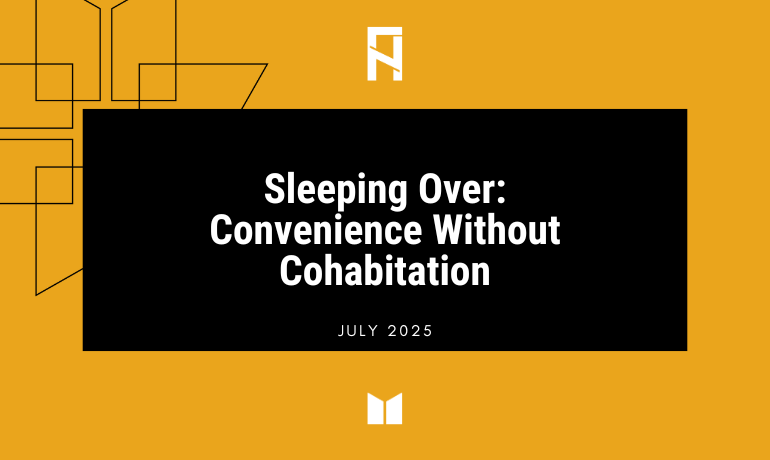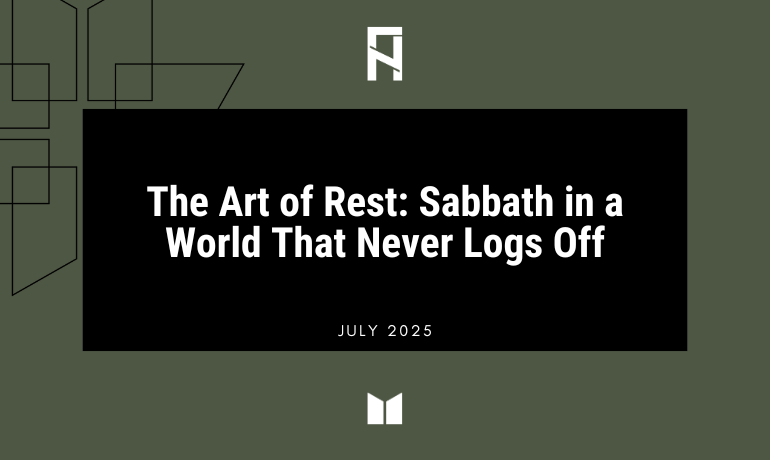This is a poignant reminder of the quiet erosion facing men in our age—a drift from the anchors of tradition, purpose, and communal duty that once defined masculine virtue. It’s a message that resonates deeply, cutting through the noise of contemporary distractions like endless screens and fleeting ambitions, urging a return to the rituals that forge character: the discipline of prayer, the honor of providing, the humility of service. In this, he captures a universal ache, one that echoes across faiths, for men to reclaim their role not through aggression but through steady, moral resolve. Yet, as Christians, we can build upon this foundation with the transformative light of the Gospel, where grace elevates the law’s demands into a liberating invitation. Imagine extending the emphasis on covenantal responsibility into the radical self-sacrifice modeled by Christ—the man who washed feet, turned the other cheek, and bore the world’s burdens without complaint.
Today’s men, bombarded by superficial metrics of success like wealth or status, might find renewal in this: not just fulfilling duties, but infusing them with redemptive love, turning everyday labors into acts of worship. Picture fathers mentoring sons not only in skills but in forgiveness, husbands partnering with wives in mutual uplift, and leaders guiding communities with the quiet strength of one who knows his worth comes from divine adoption, not human acclaim. This goes beyond obligation to joy, where vulnerability becomes a superpower, fostering deeper connections in an isolated world.





